For most upper-level courses, the prerequisite is six credits of second-year English, third-year standing, or by permission of the instructor. See prerequisites for individual courses.
Fall 2019
| Course | Course Description | Degree Requirement | Professor |
|---|---|---|---|
| 304 | Advanced Professional Writing | University Writing | Hagan |
| 312 | History of Critical Theory | Literature and Criticism | Thompson |
| 327 | Literature and Culture | Moosa | |
| 329 | Topics in Children's and YA Literature | Literature and Culture | Grafton |
| 330 | Topics in Speculative Narrative | Literature and Culture | Wytenbroek |
| 334 | Topics in Canadian Literature | Literature and Culture | Ruzesky |
| 344 | Topics in Shakespeare | Literature and Traditions, Pre-1700 | Lane |
| 346 | Topics in 17th-Century Literature | Literature and Traditions, 1600-1700 | Atkinson |
| 394 | Topics in Television Narrative | Word and Image | Watkins |
Spring 2020
| Course | Course Description | Degree Requirement | Professor |
|---|---|---|---|
| Topics in Rhetoric | Literature and Criticism | Lane | |
| 331 | Topics in West Coast Literature | Literature and Culture | Torkko |
| 333 | Topics in Post-Colonial Literature | Literature and Culture | Smith |
| 340 | Topics in Medieval Literature | Literature and Traditions, Pre-1700 | Masson |
| 350 | Topics in 19th-Century Literature | Literature and Traditions, 1700-1900 | Burgoyne |
| 398 | Film Studies | Word and Image | Armstrong |
| 408 | Advanced Public Speaking | University Writing | Hagan |
| 480 | Research Methods | Literature and Criticism | Stephens |
Note: Any course descriptions or reading lists here are tentative. Check back for updates.
Course Descriptions: Fall 2019
ENGL 304: ADVANCED PROFESSIONAL WRITING
Professor Sandra Hagan

This course will focus on strengthening writing, editing, research, and presentation skills. Topics may include proposals, reports, writing in a digital environment, meeting skills, evaluations and reference letters, and presentations with audio/video components. Assignments may include an experiential learning component.
ENGL 312: HISTORY OF CRITICAL THEORY
Professor Dawn Thompson
“What is literature?” “What is its purpose?” “What is the relationship between the literary text and reality?” “How does the language of literature function?” In order to start thinking about these questions, we will survey the major theoretical statements of European literary critics, philosophers, and aestheticians from Plato to the beginning of the 20thCentury, examining the changing definitions of both literature and criticism. We will concern ourselves with broad theoretical issues and the underlying assumptions of various philosophers, creative writers, and critics as they consider the multifaceted relationships among poetics, philosophy, and politics.

ENGL 327: TOPICS IN INTERNATIONAL LITERATURE
Professor Farah Moosa
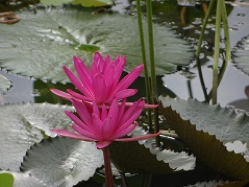
What makes stories that speak of difficult pasts, presents, and/or futures readable? What do stories that engage with lesser known histories and cultural legacies offer a local and global readership? In this course, we will read contemporary Asian, African and Indo-African literary works that allow us to consider such questions. Texts may include Arundhati Roy’s The God of Small Things (India), Mohsin Hamid’s Exit West (Pakistan), and Chimamanda Ngozi Adichie’s Half of a Yellow Sun (Nigeria). Drawing on current debates in memory, trauma, and diaspora studies, we will discuss issues of empire, migration, displacement, class, race, gender, war, and love. As most of our texts have won major international awards, we will also think about what makes them prizeworthy.
ENGL 329: TOPICS IN CHILDREN’S AND YA LITERATURE: Food & Nostalgia in Classic Children’s Literature
Professor Janet Grafton

Food is an enduring theme in children’s and young adult literature, from the feasts in Harry Potter and The Hobbit to the elaborate tea parties in Anne of Green Gables and Alice’s Adventure in Wonderland, to the stories of traditional food gathering in The Birchbark House, and to complex post-apocalyptic depictions of food in The Hunger Games and Feed. In looking at classic children’s texts through the lens of food and nostalgia, we’ll be investigating what these texts can offer contemporary audiences in the midst of environmental crisis. As well, we’ll be investigating the pedagogical challenges of texts from the past and asking what role they have in today’s homes, libraries, and classrooms.
ENGL 330: TOPICS IN SPECULATIVE NARRATIVE: Harry Potter
Professor Lynn Wytenbroek
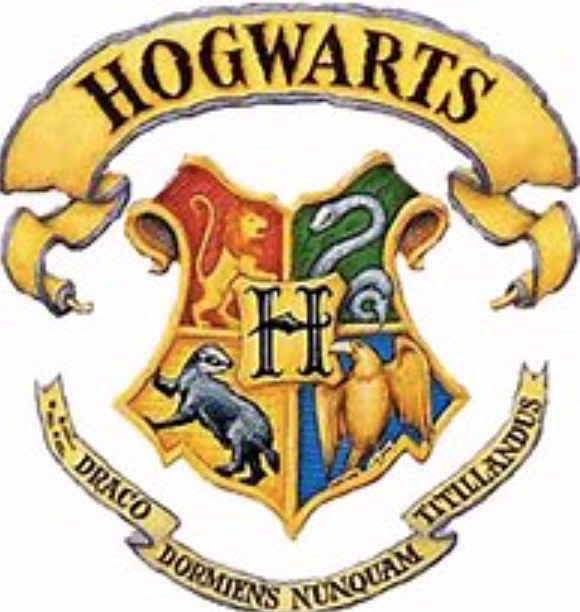
There is a course on Harry Potter at university? But it’s just a fun read, not real literature!
Actually, the Harry Potter series is, from the start, literary fantasy. Initially it was written for children but it ends up with some pretty adult themes. Even the earlier books mesmerized adults when they first came out, to the point where, by the fourth book, Harry Potter and the Goblet of Fire, the publishers were releasing two sets of copies: one with a child-appropriate cover and one with an adult-appropriate cover so that people on buses and subways couldn’t tell adults were reading Harry Potter! However, the series is more than just a fun read. Narrative and thematic patterns are found throughout each book but also span all seven books. Character development is more than just tracing the growing up of the protagonist. All three main characters plus many secondary ones develop tremendously, both within individual books and, for some characters, throughout the series. Thematically, the series is as rich as any literary adult novel, and the narrative structure itself becomes increasingly complex as the main characters age. Rowling draws a great deal on myth and folk/fairy tale which is part of why the books resonate with so many people.
In this course we will study all books in the series except The Chamber of Secrets and The Order of the Phoenix, but we will refer to character, thematic and plot arcs that develop through and out of those novels when relevant, so students are encouraged to read all seven novels.
This course is a course on literature and rigorous literary analysis will be expected. However, we will also have a great deal of fun as everyone competes for house points with a prize awarded, on the last day of class, to the house that wins.
ENGL 334: TOPICS IN CANADIAN LITERATURE
Professor Jay Ruzesky
[/caption]

ENGL 344: TOPICS IN SHAKESPEARE
Professor Richard Lane
A study of the works of Shakespeare. The course may focus on various representations of particular Shakespearean plays or on a variety of Shakespeare's works. Topics may include performance, the London Stage, film adaptations, transformations of identity and power, public freedom, and others. ENGL 344 was formerly called ENGL 367; credit will not be granted for both courses.
ENGL 346: TOPICS IN 17TH-CENTURY LITERATURE: Marrying âAmericaâ: Gender, Ideology, and the Rhetoric of Colonization
Professor Anna Atkinson
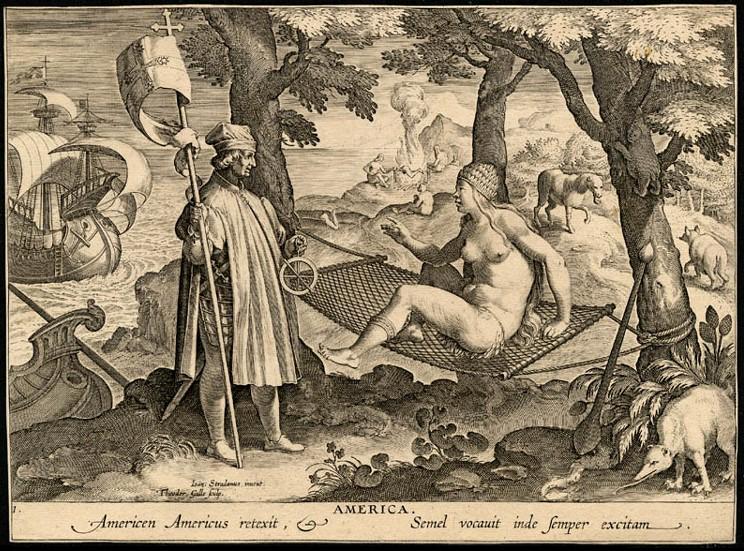
The word âAmericaâ appears in quotation marks in the title of this course for good reason. The name given to this continent comes from one of the family names of Vespucci Amerigo. Early cartographers claimed he had âdiscoveredâ America before Columbus; certainly Amerigo argued that what he had âfoundâ was indeed ânewâ land, and not a part of Asia.
Attaching a family name to a possessionâparticularly one supposed to bring riches and become fertile and productiveâwould have been suggestive of marriage in the early Renaissance. Certainly the metaphor of marriage was played out over and over in the literature of early colonialism. However, it relied for its effectiveness on the notion that the land was âvirginalâ: unoccupied and unowned.
This course interrogates that metaphor, and looks at the role of language and ideology in the process of colonialism. We will critically examine narratives from both European colonizers and First Nations people, and will introduce modern theorizations about language and colonialism. We will also look at twentieth- and twenty-first-century interpretations of these early writings and metaphors, and examine the extent to which colonial language still informs âAmericanâ ideology.
ENGL 394: TOPICS IN TELEVISION NARRATIVE
Professor Paul Watkins
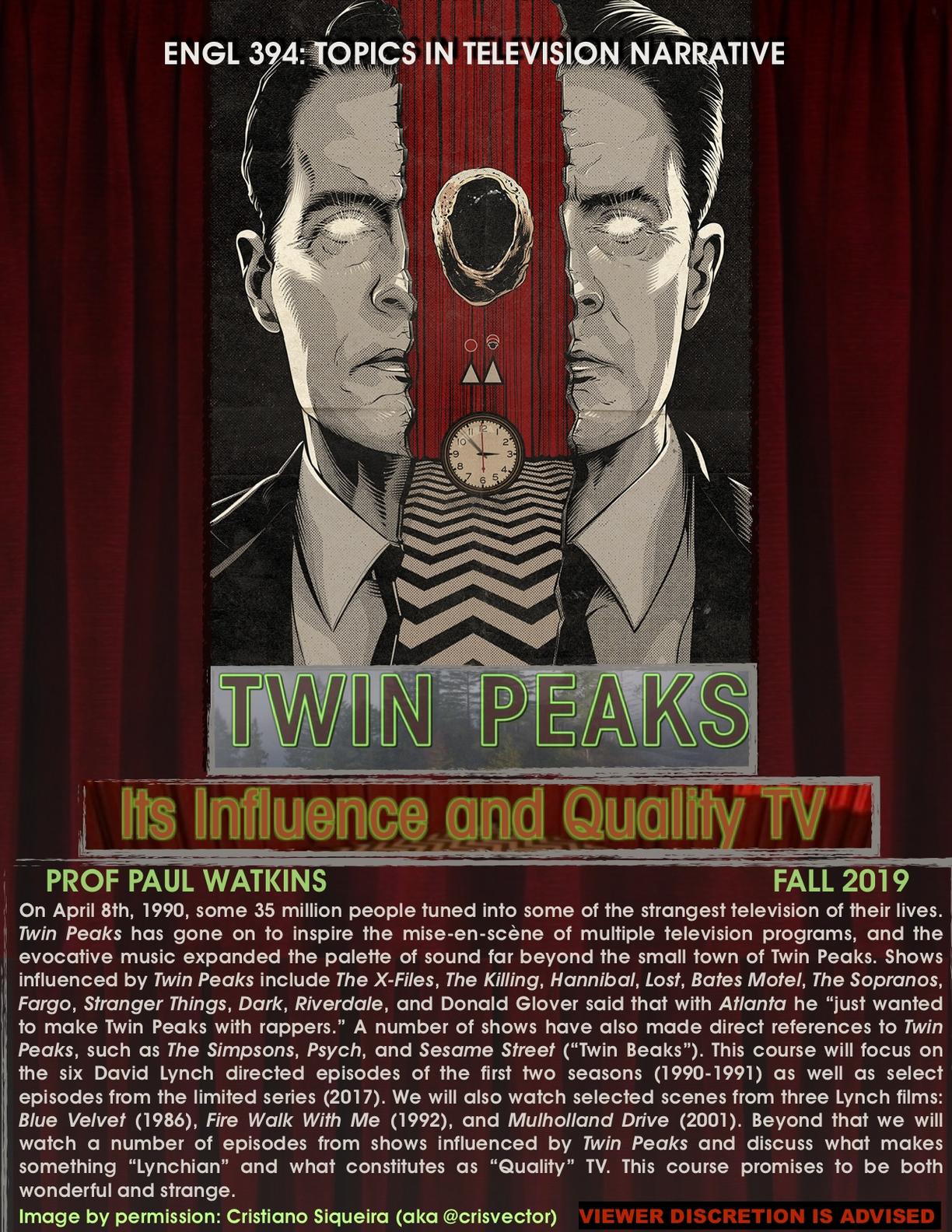
Course Descriptions: Spring 2020
ENGL 310: TOPICS IN RHETORIC
Professor Richard Lane
A study of rhetoric through a focus on key themes, issues, and controversies that have shaped it. This course may involve an historical approach, with an emphasis on the Western rhetorical tradition, or it may focus on contemporary rhetorical theory and practice.
ENGL 331: TOPICS IN WEST COAST LITERATURE: The Story of Place and the Place of Story
Professor Deborah Torkko
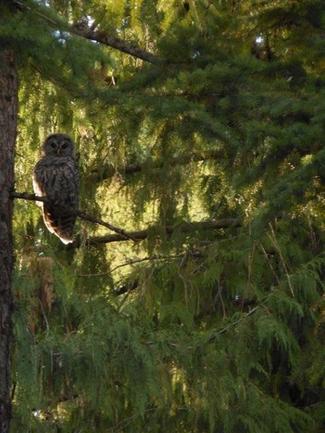
British Columbiaâs geography and ecology make for a distinctive region in the Pacific Northwest where geography, culture, history, and language intersect. Rugged mountains, old-growth forests, rivers, lakes, caribou ranchlands, islands, rocky coastlines, urban centres â how do writers living in and writing out of a particular region experience the influence of landscape on the narratives they write? How do those narratives shape the landscape for readers? What perspective on our province do readers acquire â real or imaginary â from the narratives they read? Our readings may include texts by George Bowering, Jack Hodgins, Theresa Kishkan, Patrick Lane, Lee Maracle, Daphne Marlatt, Ruth Ozeki, Harold Rhenisch, Ethel Wilson, Fred Wah, Rita Wong.
ENGL 333: TOPICS IN POST-COLONIAL LITERATURE: The Personal is Political
Professor Toni Smith
By 1914, historians estimate that colonial expansion had led to almost 85% of the world being under European control. By the late 20th century, though, almost the entirety of the colonial system had been transformed and dismantled. In the midst of that transformation and since, authors from previously colonized territories have been investigating and theorizing the ways that colonial governments wielded power over their citizens. Post-colonial novels tell stories of the personal impacts colonialism had on individuals, families, and cultures, and also share stories of resistance and resourcefulness in the face of harsh, restrictive policies. Join us to read novels from the 1970s-2000s, written by authors from South Asia, Africa, Latin America, and North America that explore the complex ways that the personal and political intersect.
ENGL 340: TOPICS IN MEDIEVAL LITERATURE: Chaucer's The Canterbury Tales
Professor Cynthea Masson
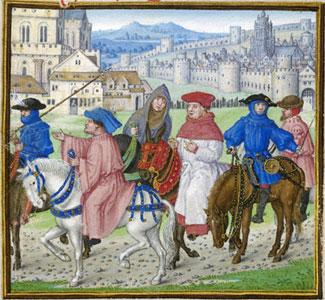
By the end of ENGL 340 you will have gained not only a new appreciation for medieval literature but a skill you can use to impress your friendsâyou will be able to read Chaucerian verse aloud. Try it now:
A knyght ther was, and that a worthy man,
That fro the tyme that he first bigan
To riden out, he loved chivalrie,
Trouthe and honour, fredom and curteisie. (General Prologue 43-46)
Alongside our practice of Middle English, we will examine the plots, themes, genres, and characters of several Canterbury Tales. To contextualize our readings, we will discuss aspects of medieval England, including political and religious beliefs. Assignments will include translation tests, a research paper, a midterm exam, and a final exam. Depending on the number of students enrolled, creative presentations about Chaucer and his works (or, alternatively, dramatic recitations of Chaucerian verse) will be a component of participation.
MAIN TEXT: Chaucer, Geoffrey. The Canterbury Tales. Edited by Robert Boenig and Andrew Taylor, 2nd ed., Broadview, 2012.
ENGL 350: TOPICS IN 19TH-CENTURY LITERATURE: Romanticism and the Emergence of the Genre of Fantasy
[caption align="right"]Professor Daniel Burgoyne
Beginning with second-generation Romantic writers and the incredible popularity of the Gothic in England during the first few decades of the century, this course will trace the emergence of the genre of fantasy in the nineteenth-century. Attention will be given to the visual works of the Pre-Raphaelites, the popularity of Antoine Galland’s translation of The Thousand and One Nights(we’ll also look at a more recent translation), and the reworking of fairy tales, such as Baron de la Motte Fouqué’s Undine and Andrew Lang’s The Blue Fairy Book. Readings will be drawn from the following writers: Samuel Taylor Coleridge, Thomas De Quincey, Mary Shelley, John Keats, Charlotte Brontë, Christina Rossetti, William Morris, Lewis Carroll, and H. G. Wells.
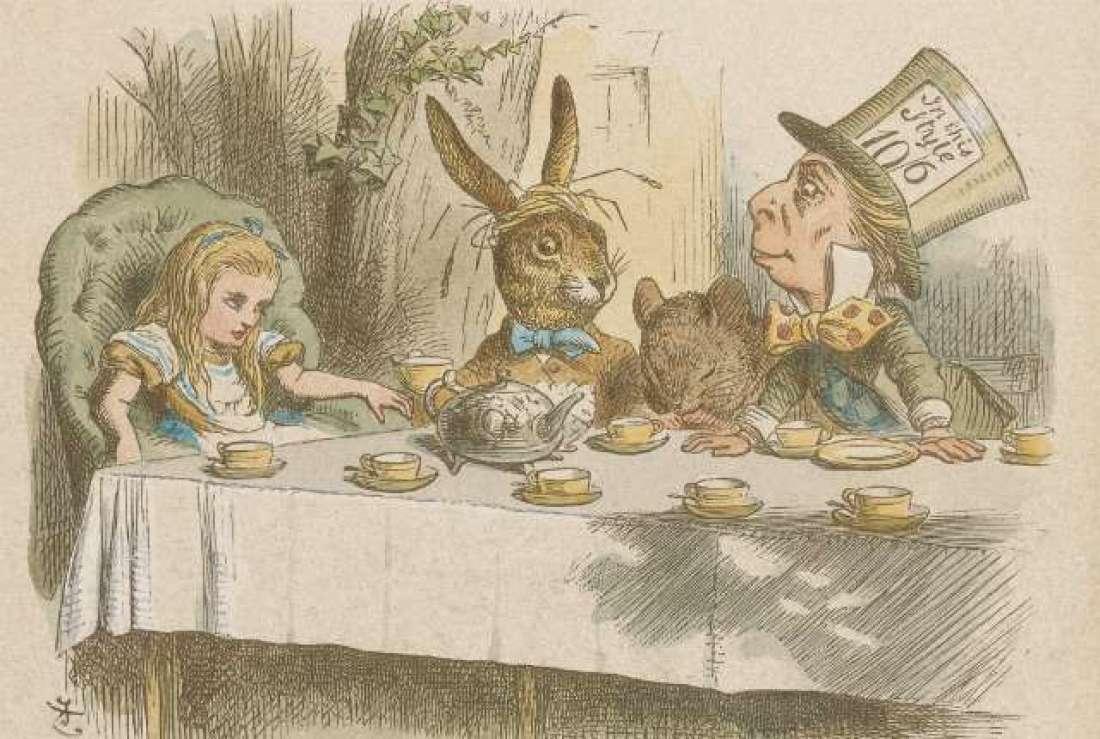
ENGL 398: FILM STUDIES
Professor Clay Armstrong
A study of narrative developed for film. Discussion may involve analysis of genre, plot, characters, themes, symbolism, cinematography, mise-en-scène, editing, sound, acting, and ideologies. The course may be structured as a broad survey or with a focus on a single director or theme.
ENGL 408: ADVANCED PUBLIC SPEAKING
Professor Sandra Hagan
Speaking in public is one of the most connective, influential, and rewarding of human experiences. Whether your plan is to sway a stadium-sized crowd, rivet a courtroom, dazzle at a business meeting, or inspire a classroom, this course will enable you to advance your speaking skills beyond the basic. Through study of rhetorical principles and research-based best speaking practices, you will hone your writing and delivery skills. The course will include advanced audience analysis, development of diversity and ethical skills, exploration of meeting dynamics, and application of presentation software. As well as extensive classroom practice, you will have the opportunity to present as teams in a real-world setting. Prepare for when it’s your turn to speak.
Prerequisite: Third-year standing.
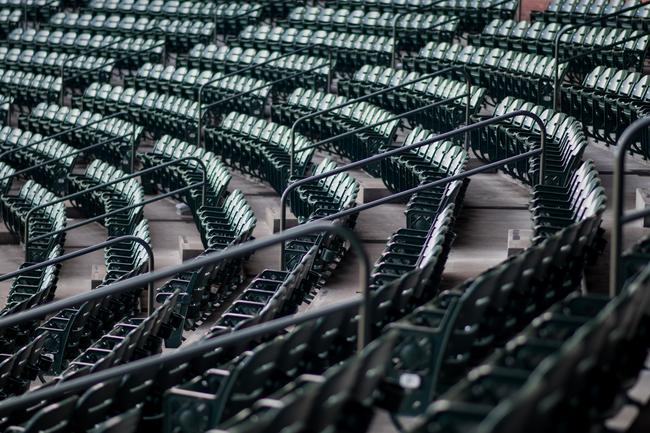
ENGL 480: RESEARCH METHODS
Professor Melissa Stephens
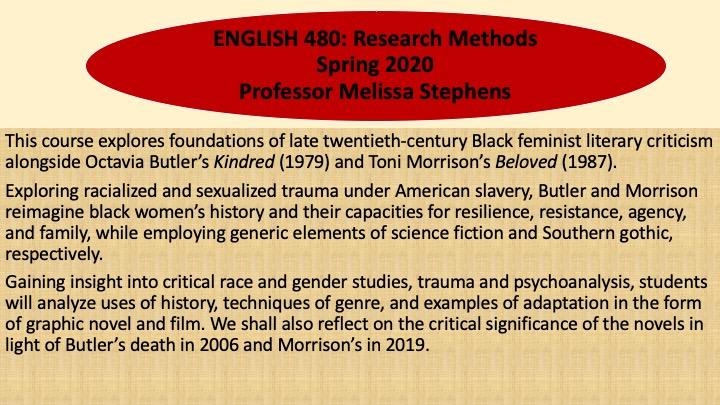
Generic course descriptions for all English courses are in the VIU Program and Course Calendar.
